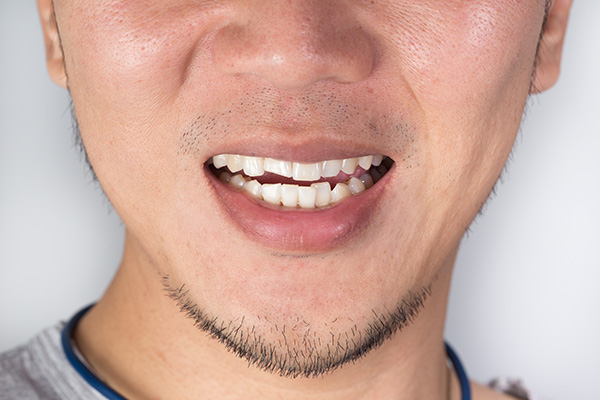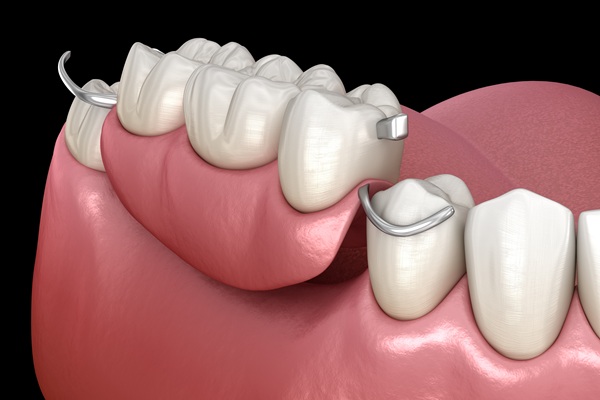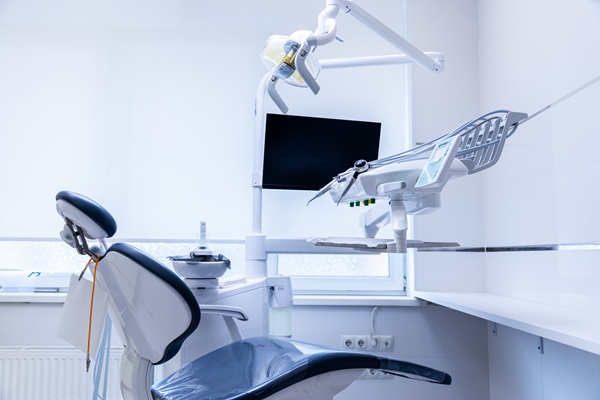 A general dentistry clinic can provide treatments for a knocked-out tooth. This type of dental injury often happens because of a strong impact on the face. It can be from a fight, a vehicular accident, or a sports injury. If you want to know if a general dentistry clinic can restore your dislodged or knocked-out tooth, here are the details.
A general dentistry clinic can provide treatments for a knocked-out tooth. This type of dental injury often happens because of a strong impact on the face. It can be from a fight, a vehicular accident, or a sports injury. If you want to know if a general dentistry clinic can restore your dislodged or knocked-out tooth, here are the details.
Treatment for knocked-out or avulsed teeth
A knocked-out tooth is a dental emergency. The patient must see a general dentistry clinic right away. The patient or anyone with the patient must handle the tooth as gently as possible. The person handling the tooth must avoid touching the surface of the root.
Clean, cold water will be ideal for washing a dirty knocked-out tooth. Washing the tooth with a cleanser or soap of any kind is not advisable. Brushing or scraping the tooth should not happen at all. Preserving the integrity of the tooth is crucial to its survival. The general dentistry clinic must put the tooth back into its socket at the soonest possible time.
Preserving the tooth
Placing the tooth in milk will prevent it from drying out in case there is a delay in emergency care. This will keep the tooth’s living cells alive and moist even for hours. Another way to preserve the tooth is to place the tooth between the cheek and the gum while waiting for the dentist. Placing it in some of the patient’s saliva in a cup can also keep the tooth alive. Storing the tooth in a paper towel or a cup of tap water will not be ideal for the cells on the root surface. The root will die and may not be viable for reinsertion anymore.
The dentist will check the tooth and the other parts of the mouth for other injuries. Then the dentist will check the knocked-out tooth and clean it as gently as possible. The general dentist will put the tooth back into its socket with a stabilizing splint. The splint needs to stay for a few weeks.
Checking the root development of the tooth will tell the dentist when the root canal procedure can start. The dentist can place some medication in the tooth. Placing the root canal filling will follow later on. Covering the replaced tooth with a dental crown will protect the tooth from future injury.
Treatment for a dislodged or luxated tooth
A high-impact facial injury may cause the tooth to come out sideways into or out of its dental socket. The general dentistry clinic can tend to this dental emergency. Repositioning and stabilizing the tooth with a dental splint will happen. Placing some medication in the tooth will remove any threatening infection.
A general dentistry clinic can restore your knocked-out and dislodged tooth
Your general dentistry practitioner will check the injury of your tooth. A well-handled tooth will keep the tooth alive and ready for reinsertion. The roots must develop well to proceed with the root canal treatment. A dental splint will keep the tooth in place. Regular checkups will ensure the replaced tooth’s healing and recovery.
Request an appointment or call Stellar Smiles at 561-225-2070 for an appointment in our Boca Raton office.
Recent Posts
Preventive dental treatment is essential for maintaining dental health and forms the basis of general dentistry. Oral health may have a positive influence on your overall health. Preventive dentistry includes steps and procedures to keep oral health issues from developing in the first place, saving patients from spending a lot of money on therapeutic treatment.Preventive…
General dentistry recommends brushing twice daily and flossing once per day to protect your teeth against common dental problems like gum disease and tooth decay. Bacteria in the mouth can cause both issues.Oral bacteria feast on sugars left in the mouth after meals, forming plaque and acids that damage teeth. Plaque is the film that…
General dentistry helps prevent, diagnose, and treat a wide range of dental issues, like tooth decay and gum disease. General dentists are the most common types of dentists, and they spend most of their time performing preventative treatments.Many patients have oral health questions for general dentists. Here are the answers to the most frequently asked…



